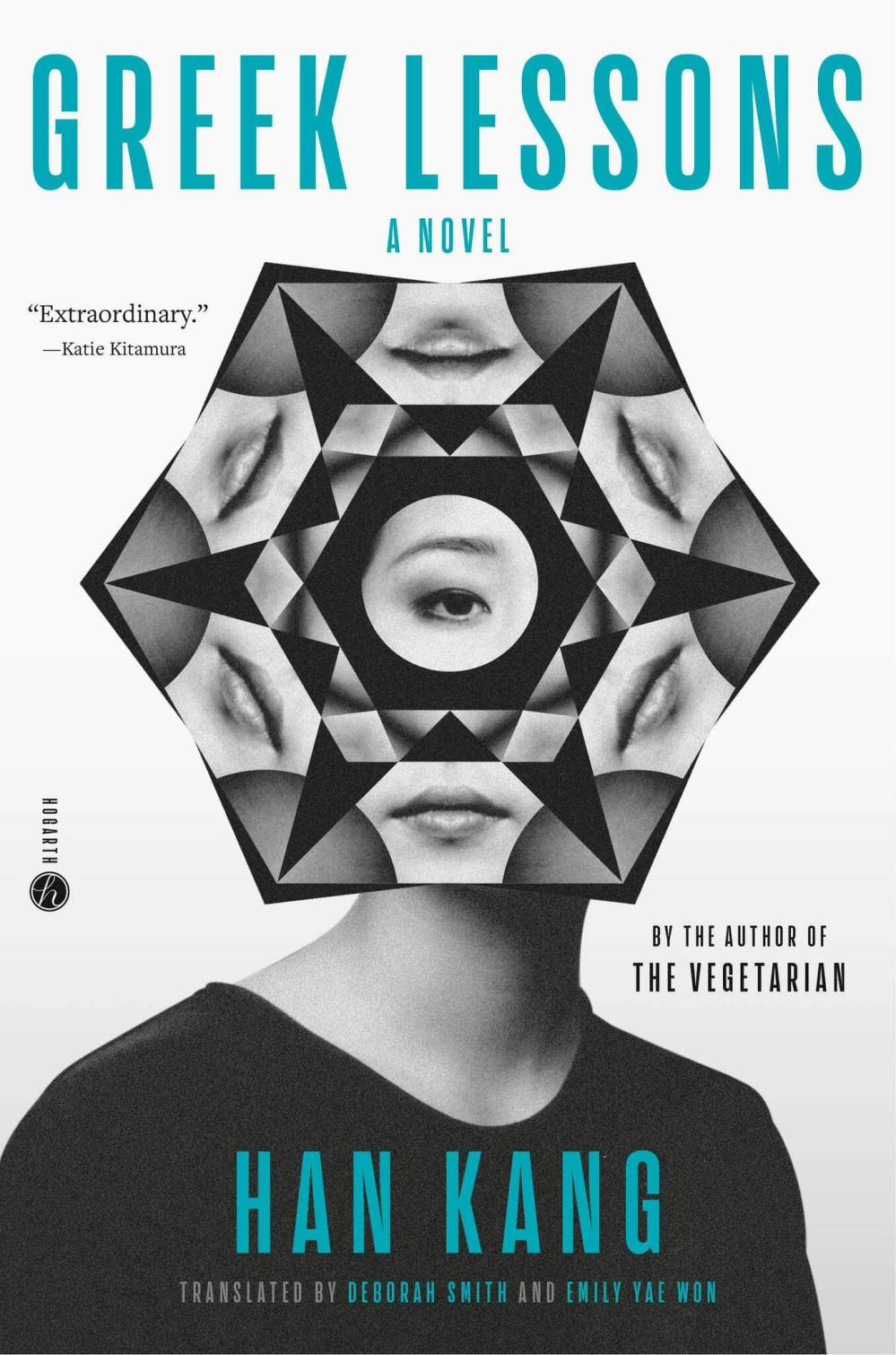Senses of perspective
Professor, student come to terms with love and loss in Kang’s new novel
Advertisement
Read this article for free:
or
Already have an account? Log in here »
To continue reading, please subscribe:
Monthly Digital Subscription
$0 for the first 4 weeks*
- Enjoy unlimited reading on winnipegfreepress.com
- Read the E-Edition, our digital replica newspaper
- Access News Break, our award-winning app
- Play interactive puzzles
*No charge for 4 weeks then price increases to the regular rate of $19.00 plus GST every four weeks. Offer available to new and qualified returning subscribers only. Cancel any time.
Monthly Digital Subscription
$4.75/week*
- Enjoy unlimited reading on winnipegfreepress.com
- Read the E-Edition, our digital replica newspaper
- Access News Break, our award-winning app
- Play interactive puzzles
*Billed as $19 plus GST every four weeks. Cancel any time.
To continue reading, please subscribe:
Add Free Press access to your Brandon Sun subscription for only an additional
$1 for the first 4 weeks*
*Your next subscription payment will increase by $1.00 and you will be charged $16.99 plus GST for four weeks. After four weeks, your payment will increase to $23.99 plus GST every four weeks.
Read unlimited articles for free today:
or
Already have an account? Log in here »
Hey there, time traveller!
This article was published 03/06/2023 (895 days ago), so information in it may no longer be current.
Han Kang’s latest novel Greek Lessons is far more than a simple retelling of the age-old student-falls-in-love-with-their-professor trope. Instead, what she crafts is an intimate look into the lives of two people trying to find solace in the study of language as they navigate a world that is slowly slipping from their grip.
Set in Seoul (the city Kang calls home), a woman finds herself dealing with an egregious amount of loss. Her mother has recently passed, her ex-husband has gained full custody over her young son and she has lost her ability to speak. Having lost her speech once before as a teenager, and finding it returned to her by learning a new language, she attempts the same by joining a class on ancient Greek.
Her professor takes notice of her silence and solemn demeanour, reminded of a previous lover who was deaf. When his attempts to communicate with her through sign language fail, he seems to give up, though curiosity remains on either side: “There are times when they look at each other without speaking. Waiting for the lessons to begin… Little by little, his face became familiar to her,” Kang writes.

Paik Dahuim photo
At times, Han Kang’s novel reads less like a romance and more like a piece of philosophy as she explores the way language and loss affect one’s perception.
We learn that he too is experiencing a loss. That loss is of a strong cultural identity — his childhood having been split between South Korea and Germany — and the rapidly impending loss of his sight.
At times, Kang’s novel reads less like a romance and more like a piece of philosophy, as she often explores the way language (and its loss) affects one’s perception: “Once she lost words, all such scenery became fragmented, each piece distinct and separate — like the coloured paper inside the kaleidoscope, shifting silently, repeatedly and in concert to form new patterns.”
Readers of Kang’s 2016 Booker Prize winner, The Vegetarian, will also be familiar with her exploration of the connection between trauma, the body and our human desire to repress and control both. For example: “She walks until she is unable to register the quiet of the house to which she must now return, until she has no strength left to cast her gaze over the black woods, the black curtains, the black sofa, the black Lego boxes…”
While Kang’s narrator provides us with a very intimate look into her characters’ thoughts and feelings, the image she paints of them is rather vague. Both the man and the woman remain nameless, and Kang offers very little so far as a physical description of the two — a stylistic choice made more interesting by the fact the novel’s plot is told more often through the characters’ memories and reflections than their actions.
The man recounts the words of his late friend: “You said, Dreaming of another world than this is a sin.” Later, Kang’s narrator allows us a heartbreaking glimpse into his reflections on how this will relate to his impending blindness: “In time… I will see only when I dream… the world is what will close when I wake from a dream.”
Born into a family of writers and an established author herself, Kang’s fascination with language is apparent throughout the novel, which is littered with poetic phrases such as “a blue-tinged light seeps from the bodies of all material things, penetrating your newly sleep-shorn eyes, miraculous,” and “the silence that gaped between the poor instrument that was your body and the song you were about to sing felt as terrifying as a precipice.”

Greek Lessons
Though both characters tend to keep largely to themselves throughout the novel, in the end they find they must turn towards each other to find their way through the night’s impending darkness.
To draw on Kang’s poetic language, Greek Lessons is “a spectacle of pure wonderment” that very well may “cut through to (your) core.”
Jessie Taylor is a poet and editor with a BA from the University of Manitoba.


